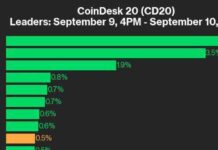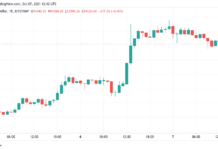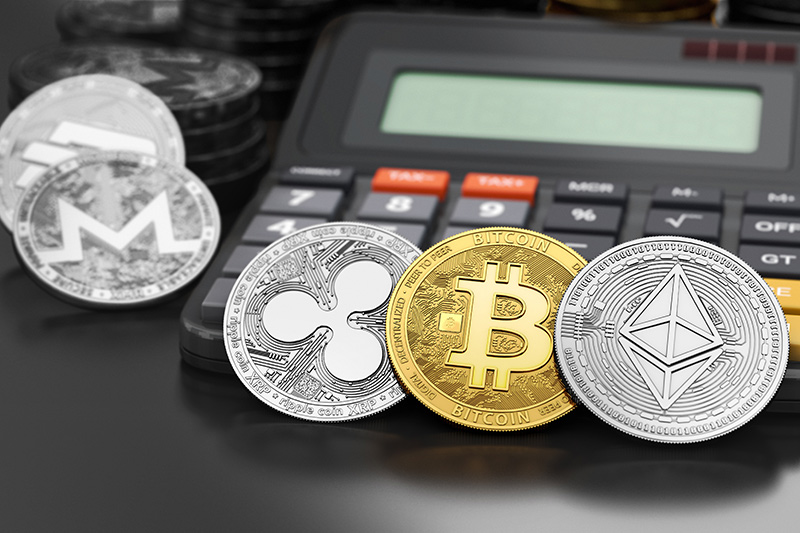2024 has been an active year for crypto investments, with trends, interests, and perceptions evolving among institutional investors. Fidelity’s Institutional Investor Digital Assets Study has been measuring these trends since 2019, showing a generally positive but mixed outlook toward digital assets among high-net-worth investors.
Positive sentiment towards digital assets has been maintained by half of high-net-worth investors, with nearly a third having invested in them for more than two years. Interestingly, younger investors under 35 are more likely to invest in digital assets compared to older investors. On the other hand, negative sentiment towards digital assets has been on the rise, with factors such as price volatility, regulatory concerns, fraud, scandals, and bad press impacting investors’ views.
It’s important to note that the latest survey only covers the period from May 30, 2023, to Oct. 6, 2023, missing significant market movements such as Bitcoin’s rise to nearly $74,000 and the SEC’s approval of Bitcoin and Ether spot ETFs in January 2024. These events have likely influenced investors’ perceptions and may lead to further developments in 2024.
Looking ahead, regulatory uncertainty remains a key concern for institutional investors. The market is transitioning from early adoption to mass adoption, with new products and investment options becoming available. The approval of spot Ether ETFs by the SEC could potentially reduce regulatory concerns and attract more institutional interest in digital assets.
Despite ongoing price volatility, the digital asset market is maturing, with improving regulatory conditions and new investment structures offering diversified exposure to blockchain assets. Investors now have a variety of options beyond ETFs, including SMAs, private funds, and venture capital investments.
As institutional investments flow into the market, it’s essential for investors to consider factors beyond buying and holding Bitcoin. Diversification, secure custody solutions, and understanding clients’ risk tolerance are crucial aspects to consider. While ETFs provide convenience, holding actual digital assets offers more flexibility and opportunities for yield generation.
In conclusion, the evolving landscape of crypto investments presents both challenges and opportunities for financial advisors and institutional investors. By staying informed, diversifying portfolios, and understanding clients’ needs, advisors can navigate the changing market dynamics and integrate digital assets into comprehensive wealth management plans for their clients.














